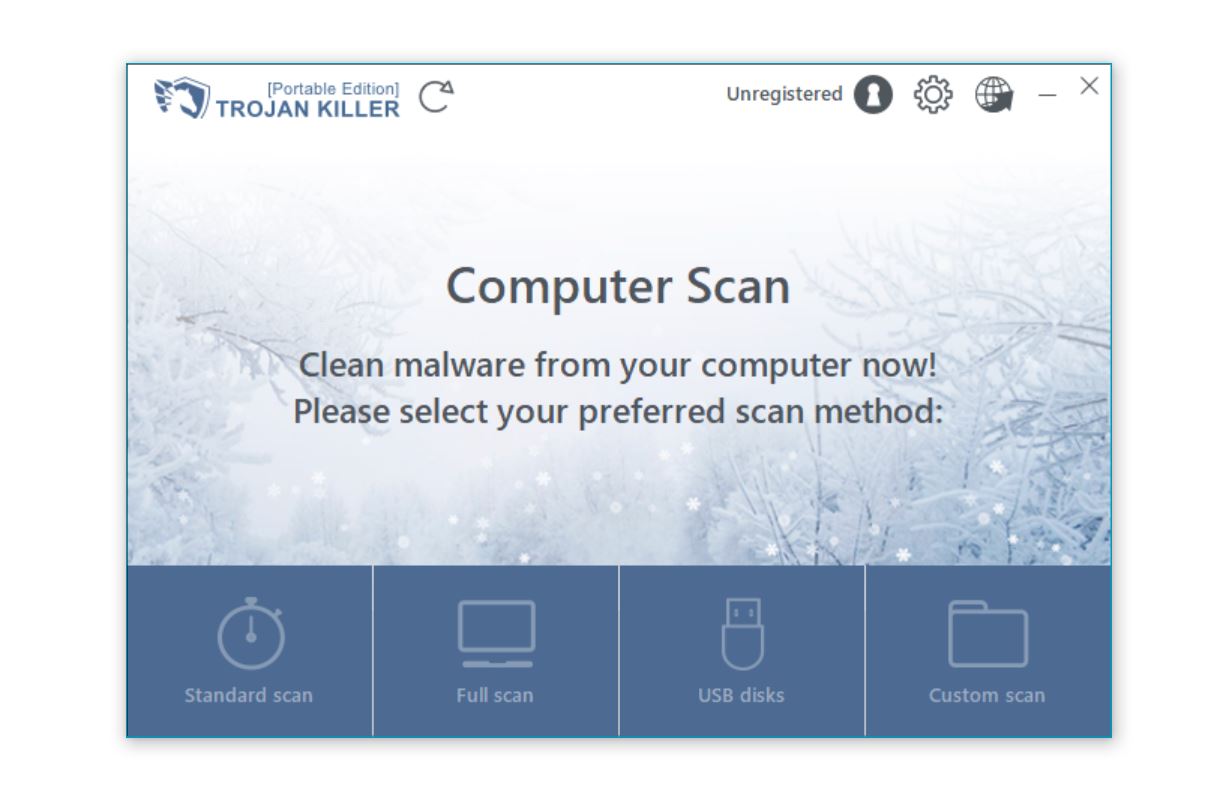Physical Address
Lesya Kurbasa 7B
03194 Kyiv, Kyivska obl, Ukraine
Physical Address
Lesya Kurbasa 7B
03194 Kyiv, Kyivska obl, Ukraine

The “Criminals Attempted To Redirect Your Funds” email scam is a deceptive phishing attack in which cybercriminals impersonate INTERPOL (International Criminal Police Organization) to trick recipients into providing sensitive banking details and personal identification information. The fraudulent email falsely claims that criminals, working with corrupt bankers, attempted to divert the recipient’s funds to another account but were unsuccessful.
What makes this scam particularly dangerous is its use of authority impersonation – creating a sense of legitimacy by posing as a respected international organization. The scammers often include official-looking letterheads, badge images, and formal language to appear credible to unsuspecting recipients.
According to Proofpoint’s impersonation attack research, organization impersonation scams have become increasingly sophisticated, with fraudsters carefully mimicking the communication style and visual elements of legitimate entities.
| Common Names |
|
| Type | Phishing, Scam, Social Engineering, Fraud |
| Platforms Affected | All email platforms and devices |
| Fake Claim | Criminals and corrupt bankers attempted to divert recipient’s funds |
| Risk Level | High – targets banking information and personal identification |
| Potential Damage | Identity theft, monetary loss, unauthorized bank account access |
| Distribution Methods | Deceptive emails, mass spam campaigns, purchased email lists |
| Common Impersonations | INTERPOL, Deutsche Bank, government financial departments |
This scam represents a sophisticated form of business email compromise (BEC) where criminals pose as trusted law enforcement organizations to manipulate victims. According to the Federal Trade Commission, government impersonation scams like these are increasingly common, with thousands of complaints filed each year.
In this specific variant, scammers craft elaborate narratives about protecting the recipient’s funds from a fictional theft attempt. This creates both a false sense of crisis and positions the scammer as a supposed ally, making recipients more likely to comply with requests for sensitive information.
Identifying these scams often comes down to recognizing several telltale red flags:
Source: GridinSoft Threat Analysis, visualization of INTERPOL impersonation scam progression
Understanding the methodology behind these scams can help you identify and avoid them:
Scammers obtain email addresses through various means, including data breaches, purchased lists, or harvesting from public websites. They then launch mass email campaigns, targeting thousands or millions of recipients simultaneously. While most recipients will recognize and ignore these obvious scams, the attackers only need a small percentage to respond to make their operation profitable.
The success of these scams relies heavily on the exploitation of authority and trust:
The “Criminals Attempted To Redirect Your Funds” scam typically progresses through several stages:
For those interested in understanding the technical aspects of these scams:
A typical “Criminals Attempted To Redirect Your Funds” scam email contains several key elements:
Below is the text from an actual scam email:
Subject: INTERCEPTION OF FUNDS
Hello dear beneficiary,
The INTERPOL plays a central role in preventing the WORLD from serving international organized crime. By providing globally sourced intelligence about regional crime, the NCB helps police officers across the world to detect and investigate the flow of illicit funds along trafficking routes in and around the globe.
Several Countries’s national police forces use the NCB to work with the global police community in investigating crime and bringing criminals to justice. It works in tight collaboration with International’s other leading agencies including the International Drug Law Enforcement Agency,International Finance Unit, Immigration Services, Customs, International Agency for the Prohibition of Trafficking in Persons etc.
We want to inform you that some criminals, in collaboration with corrupt investment bankers, attempted to redirect your funds to the following account:
Bank Name: Chase Bank N.A.
Bank Address: Greenwich, Connecticut 06830
Routing Number: 021100361
Account Number: 805364999However, we are pleased to report that the diversion was thwarted, and your funds are now securely held at Deutsche Bank Philippines. We are currently tracking the perpetrators.
To proceed, please reach out to Mr. Siason, the Chief Country Officer of Deutsche Bank Philippines, via email or through WhatsApp.
To facilitate the final payment transfer to your designated account, kindly provide the following details:
Your current receiving bank account information
Your phone number and your ID card
The amount and any other relevant details to expedite the transferOnce we receive your response, we will send you the Payment Release Form and the Forex Exit Form for you to complete and forward to Mr. Siason for immediate disbursement of your funds.
We apologize for any inconvenience you may have experienced due to previous actions of our dishonest investment officials.
Best regards,
MONITORING TEAM
INTERPOL ORGANIZATION
Security researchers can identify several technical red flags in these emails:
Follow these best practices to avoid becoming a victim of these sophisticated impersonation scams:
While the “Criminals Attempted To Redirect Your Funds” scam itself is primarily social engineering rather than malware, scammers sometimes include malicious attachments in their emails. Anti-malware software can help protect your system:

Implement these email security practices to minimize your risk:
For comprehensive protection against email-based threats, review our complete phishing attack prevention guide for additional security recommendations.
If you’ve already interacted with a “Criminals Attempted To Redirect Your Funds” scam email, take these steps immediately:
Scammers impersonate official organizations like INTERPOL because these entities command immediate respect and authority. This impersonation creates an initial trust barrier that helps bypass recipients’ skepticism. Law enforcement organizations are particularly effective for impersonation because they represent authority, security, and legitimacy. When recipients receive communications appearing to come from INTERPOL, they’re more likely to believe the content due to the organization’s reputation for fighting international crime. Additionally, most people have limited direct interaction with international policing organizations, making it difficult to identify inconsistencies in communication style. The psychological impact of receiving a message from what appears to be a powerful law enforcement agency can also create anxiety or urgency that clouds judgment, especially when the message claims to involve financial matters or potential criminal activity affecting the recipient’s assets.
INTERPOL rarely contacts individual citizens directly. If you receive an email claiming to be from INTERPOL, you should know that legitimate INTERPOL communications always originate from official email domains (interpol.int), never from generic email services like Gmail or Yahoo. Official communications will not request personal financial information, banking details, or personal identification documents. To verify authenticity, never use contact information provided in the suspicious email. Instead, visit the official INTERPOL website (www.interpol.int) directly by typing the URL in your browser, and use their official contact channels. Be aware that INTERPOL does not handle private financial matters, fund transfers, or prize notifications for individuals. They will never ask you to pay fees or taxes to release funds. When in doubt, contact your local law enforcement agency for guidance on handling suspected INTERPOL impersonation. Remember that legitimate law enforcement agencies never conduct financial transactions via email or messaging apps.
Legitimate major financial institutions like Deutsche Bank never initiate customer contact through messaging apps like WhatsApp. This is a clear red flag in the “Criminals Attempted To Redirect Your Funds” scam. Established international banks adhere to strict communication protocols and security measures when contacting customers. They communicate through official channels such as secure messages within their authenticated banking platforms, formal letters sent to your registered address, or phone calls from verifiable official numbers. Banks have established secure communication channels precisely to prevent fraud and protect customer information. Additionally, banking staff would never request that you send sensitive banking information or identification documents through messaging apps or email. These platforms lack the encryption and security features required for handling confidential financial information. If you receive unsolicited contact claiming to be from a bank representative through WhatsApp or similar apps, it is almost certainly fraudulent, regardless of how convincing the message might appear.
Yes, “Criminals Attempted To Redirect Your Funds” scam emails and similar impersonation scams often contain malware, creating a dual threat beyond the social engineering aspects. These emails may include attachments disguised as “verification forms,” “claim documents,” or “security certificates” that contain malicious code. Opening these attachments can install various types of malware including keyloggers (to capture your banking credentials), trojans (giving scammers remote access to your computer), or ransomware (encrypting your files and demanding payment). According to FTC guidance on phishing scams, some scam emails include links to fake banking portals that harvest credentials or automatically download malware. This malware can operate silently, stealing sensitive information and monitoring your activity without your knowledge. To protect yourself, never open attachments or click links in unexpected emails, even if they appear official. Using security software that can scan email attachments provides an additional layer of protection against these combined social engineering and malware attacks.
INTERPOL impersonation scams like “Criminals Attempted To Redirect Your Funds” represent a sophisticated form of social engineering that targets victims by exploiting trust in legitimate organizations. These scams combine elements of authority impersonation, fabricated narratives about criminal activity, and false claims about protected funds to create a compelling deception.
The technical sophistication of these operations continues to evolve, with scammers improving their impersonation tactics through better visual elements, more convincing language, and sometimes including malware as an additional attack vector. The end goal remains the same: to steal banking information, personal identification, and ultimately money from unsuspecting victims.
By understanding how these scams operate, recognizing the warning signs, and implementing the protective measures outlined in this guide, you can significantly reduce your risk of becoming a victim. Remember that legitimate organizations like INTERPOL do not handle private financial matters and will never contact individuals about fund transfers or account protection.
If you’ve encountered suspicious emails claiming to be from international organizations about your finances, the safest approach is to delete them immediately and report the fraud to the FTC. For added protection against email-borne threats, consider using security solutions to scan attachments before opening them.
Stay vigilant, maintain a healthy skepticism toward unexpected communications from official-sounding entities, and remember that protecting your personal and financial information is ultimately your first line of defense against these increasingly sophisticated scams.